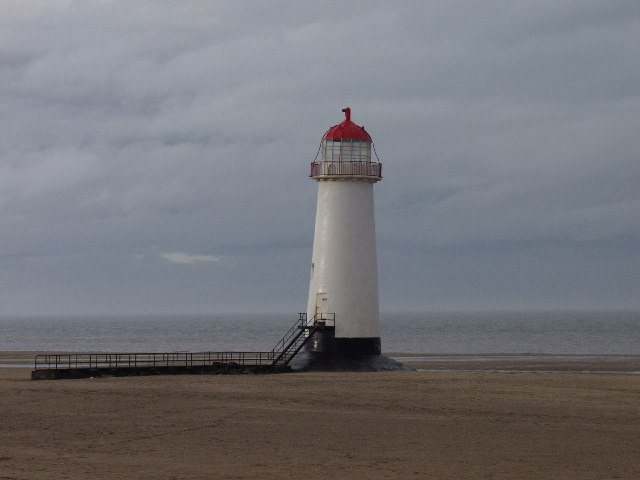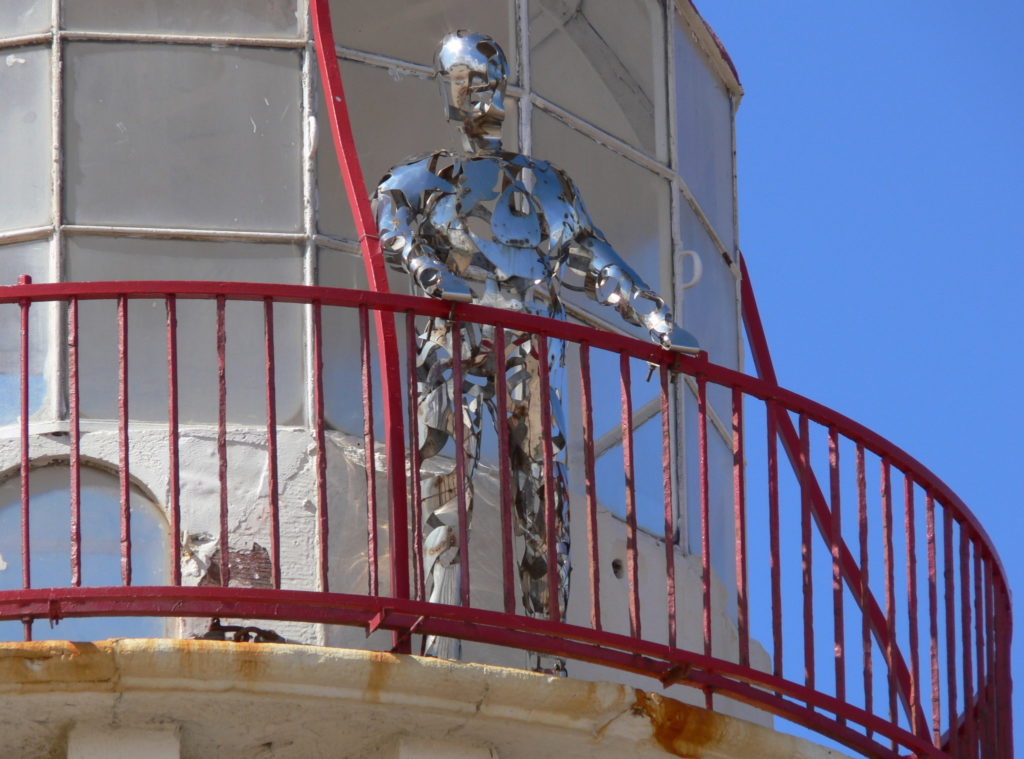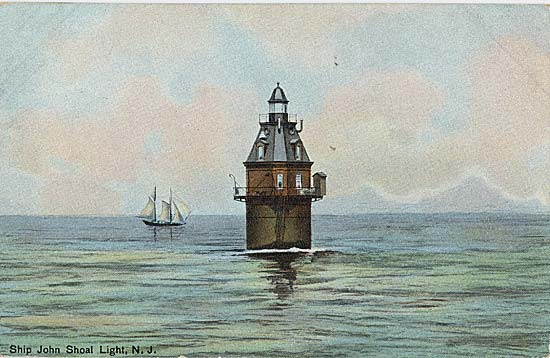Lighthouses, especially abandoned ones, are
often cited as buildings that are subject to ghostly goings-on. This is hardly
surprising given that they stand as isolated towers in remote locations where
they are battered by waves and winds. There are many stories of lighthouse
keepers who have disappeared without trace, or been murdered by colleagues who
had lost their minds as a result of having to live in a virtual prison for
months on end. The Point of Ayr lighthouse, in North Wales, is reputed to be
one such haunted lighthouse.
Point of Ayr

This is the most north-easterly point of
Wales, on the western side of the Dee Estuary. The lighthouse was built in 1776
to warn ships approaching and leaving the port of Liverpool not to stray on to
the sandbanks that stretch for miles into Liverpool Bay. It stands on the beach
at Talacre and can be reached on foot at low tide. The building has not been
used as a lighthouse since 1883 but the structure has been kept in good repair
down to the present day.
Many people have reported odd sensations
and sightings in the vicinity of the lighthouse, with some complaining of
feeling unwell but recovering when they have left the area. There have also
been sightings of a keeper on the walkway round the top of the tower. There is a
story that a man named Raymond died there of a broken heart and that it is his
sprit that troubles visitors.
There has been a “keeper” permanently on
duty at the top of the lighthouse since 2010. This is a 7-foot-high metal
sculpture created by Angela Smith, a local artist. She used many pieces of
high-grade polished steel to build the figure, thus allowing the wind the
whistle through his ribs and create all the eerie sounds one might want to
hear!

Ship John Shoal

The shoal is in the upper reaches of
Delaware Bay, on the New Jersey side of the border with Delaware. It is so
named after the “John”, a ship that ran aground there on Christmas Eve 1797,
thankfully with no loss of life or cargo. It was decided in 1850 that a
lighthouse was needed on the shoal, but it was not completed until 1877.
The problem with the lighthouse was an
apparent curse that affected anyone who stayed there for any length of time.
The problem began in the 1880s and persisted for many years, with many keepers
falling ill or even becoming paralysed. However, the “curse” turned out to have
a cause that was far from supernatural – the lead-based red paint used on the
structure had seeped into the rainwater tanks and poisoned the drinking water.
No comments:
Post a Comment